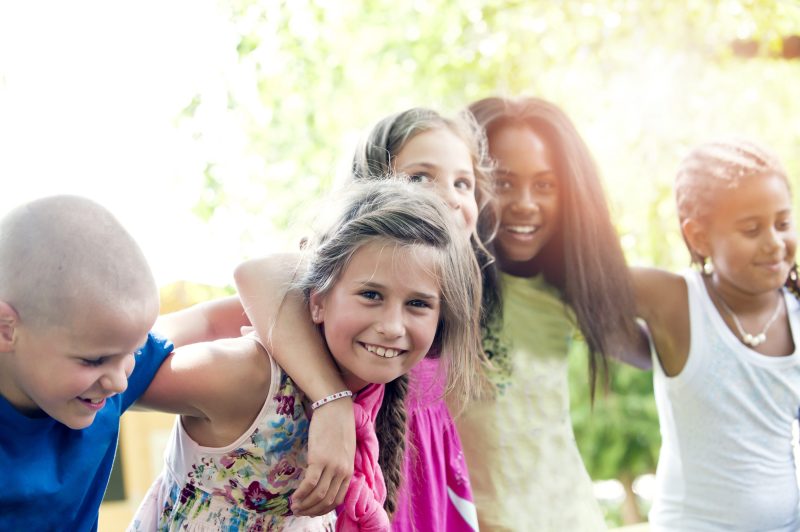
Pediatricians recommend both girls and boys get the HPV vaccine starting at age 9 to protect against infection.
The human papillomavirus (HPV) is the most common sexually transmitted infection in the United States, according to the Centers for Disease Control and Prevention. It’s the virus that causes genital warts, but it can also lead to more serious disease for both girls and boys.
HPV is spread through sexual contact, including vaginal, oral and anal sex.
“It’s important to know that kids can get the infection without sexual intercourse,” said Megan Woodward, MD, a pediatrician at Akron Children’s Pediatrics, Alliance. “Any form of contact with the genital area of a person who’s infected can spread HPV.”
Dangers of HPV infection
In most cases, the immune system can fully clear the infection. However, when it doesn’t, the infected cells undergo changes that can lead to precancer and cancerous lesions.
In females, HPV infection can lead to cervical cancer, as well as cancer in the vagina, vulva, anus, mouth and throat. In males, HPV infection may lead to cancer in the penis, anus, mouth and throat.
How to stop the spread of HPV
The problem is most people infected with HPV don’t know they have it because they don’t notice any signs or symptoms. People don’t always develop genital warts, but the virus is still in their system and could be causing damage. This means that people with HPV can pass the infection to others without knowing it.
“Being vaccinated before having sex for the first time is the most effective way to prevent HPV infection,” said Dr. Woodward. “The vaccine covers nine out of the 40 strains of the virus, and we’re happy that it does contain the ones that are most commonly implicated in cancer.”
It’s not a live vaccine, so it doesn’t cause infection. It can’t worsen a preexisting infection, and it’s close to 100% effective at preventing precancerous lesions and genital warts that are caused by the strains contained within the vaccine. However, the vaccine doesn’t protect against all types of HPV, so it’s not a replacement for practicing safe sex.
The sooner kids are vaccinated, the better
Both girls and boys should get vaccinated starting at age 9.
“It’s really important that we start at this age because we know that the immune system is primed and ready to respond to this vaccine and mount the most robust immune response,” said Dr. Woodward. “Also, we want to ensure that there’s full immunity to the virus prior to exposure. Once a person is infected with the virus, there’s no cure.”
The HPV vaccines are given as an injection. If kids start before age 15, they only need 2 vaccines, separated by 6 months, because of that really robust immune response.
If kids are 15 or older when they start this series, 3 vaccines are recommended because the immune response won’t be quite as strong.
Side effects are mild, similar to those that kids would typically see with any other age-appropriate vaccine. Side effects may include local injection site pain, swelling or redness, headaches or a minor fever.
“I know a lot of parents are concerned that if they give this vaccine to their 9 year old, it might encourage them to begin having sex at a younger age,” said Dr. Woodward. “But, research shows that this is not the case. It does not lead to earlier initiation of sexual activity.”
For more information on the HPV vaccine, schedule an appointment with one of our pediatricians. Virtual visits are available.











